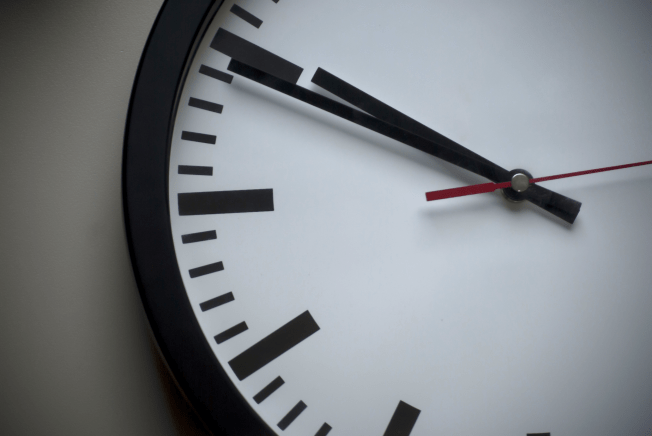
It is estimated that up to 60 million Americans experience insomnia each year. If you’re familiar with lying awake watching the clock tick by painfully slowly in the early hours, you’re not alone. Although insomnia is a common problem, this doesn’t make it any less serious. The reality is, that we need sleep. Without it, there’s a risk of physical and mental health complications. If you can’t sleep and you long to wake up in the morning feeling refreshed and invigorated, hopefully this guide will prove helpful:
Setting Your Body Clock:
Many of us make the mistake of trying to catch up on sleep by napping during the day or getting up later the morning after. While this may provide temporary relief, in the long-term, it can actually exacerbate the symptoms of insomnia. Your body has an internal clock, and if you’re sleeping at all hours of the day, that clock is going to be off kilter. Try and establish a routine, which means that you go to bed and get up at the same time every day, even on the weekends. Your body will get used to this new pattern, and hopefully, you’ll find that it is easier to doze off and get up in the morning. If you lose track of time very easily and you tend to fall asleep on the sofa, set an alarm or use an app to remind you to go to bed.

Seeing Your Doctor:
If you can’t sleep on a regular basis and you can’t even remember when you last had a good night’s sleep, consider making an appointment with your doctor. If you miss out on sleep, it can have a negative impact on your health and your mental well being. People who sleep well are proven to have a lower risk of stress, anxiety, and depression and they tend to have better immunity and higher energy levels. When you see your doctor, they may recommend making some changes to your lifestyle and also your sleeping environment.
In more severe cases, they may advise you to take medication. When you pick up your prescription, read the instructions carefully. If you develop side-effects, this may be a result of taking the wrong dosage, or it may be your body’s reaction to a new medication. If you’re worried about the dosage, speak to your doctor. If you have been advised incorrectly, you may wish to consider taking legal action and seek an expert for your malpractice claim. In many cases, side-effects occur as a natural response to medication, and it is sometimes possible to switch to other drugs that may not have the same impact.

Exercising:
Exercising has multiple benefits for people who struggle to sleep. Exercise tires the body out, but it also has powerful stress and anxiety relieving properties. When you’re worried about something or you feel like you’re under pressure, this can make it really difficult to switch off at night. If you can clear your mind and relax before you get into bed, this is going to improve your sleep quality enormously. Activities that are particularly beneficial for relaxation include yoga, Pilates, Tai Chi, swimming, walking, team sports, and kickboxing. 
Leaving Work At The Office:
Do you check emails in bed or spend hours thinking about what you’ve got to do tomorrow? It’s easier said than done, but leaving work at the office is so important. Nobody is capable of working twenty-four hours a day, and it’s vital to have a healthy work/life balance. You need downtime to recover, rest, and relax. When you get home, don’t start looking at your inbox and focus on enjoying the evening. If you get a good night’s sleep, you’ll work much more efficiently the next day. Read a book, chat with your friends, watch TV, and just chill out.

No more checking your phone before bed!
Are sleepless nights taking their toll on you? If you’re not getting enough sleep, the sooner you make changes, the better. Try and adapt your routine to ensure that you go to bed and wake up at the same time each day and aim to incorporate exercise sessions and time to wind down and relax into your daily regime. If you’ve made changes, but you still can’t sleep, don’t hesitate to see your doctor. There are treatments out there that can help you tackle insomnia and get the rest you need.
My go-to solution for insomnia is a small dose of melatonin. I primarily use it when I get out of my usual routine of sleep. It helps me get back on track and so far, I haven’t noticed any bad effects.
LikeLike
Excellent tip!! Happy weekend! 🙂
LikeLike
Pingback: Enjoying An At Home Spa Day | lifewithlilred